US-Led Peace Negotiations Poised to Transform Rwandan Mineral Processing Amid Ongoing Congo Conflict
- by Sarah, RNG247
- about 7 months ago
- 201 views
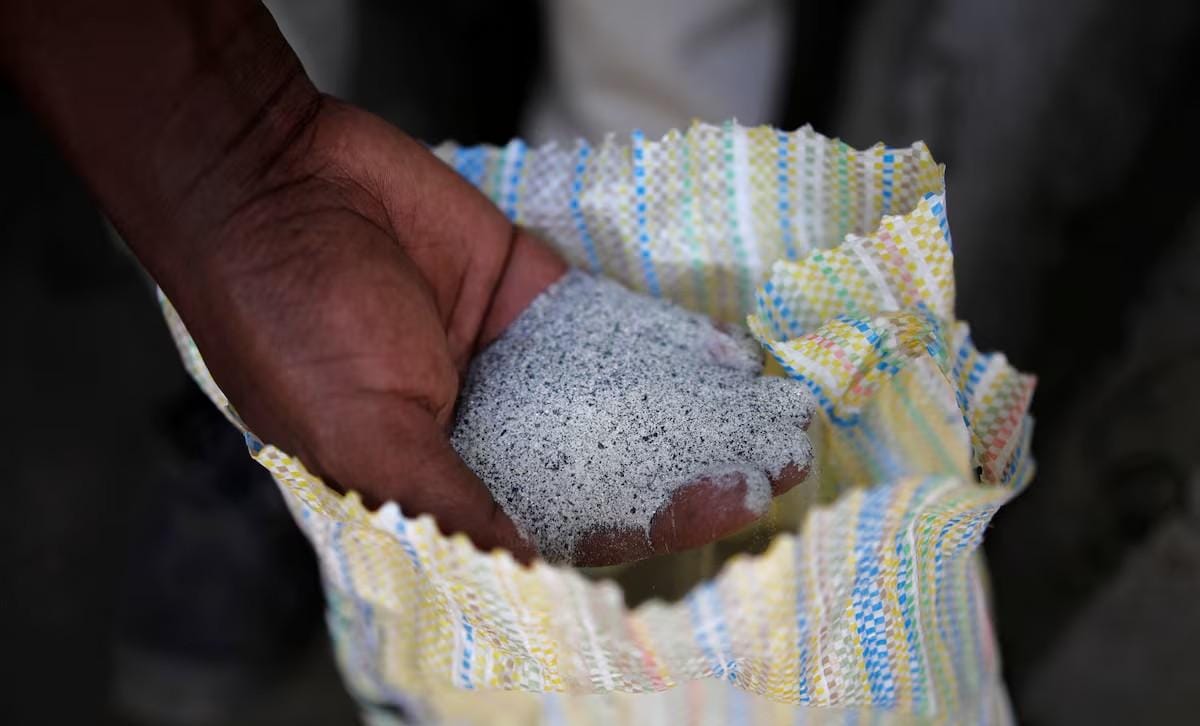
In a potential breakthrough for regional stability and economic development, negotiations led by the United States are exploring a diplomatic solution that could see minerals from eastern Congo, including tungsten, tantalum, and tin, processed legitimately in Rwanda. This initiative marks a significant shift in the longstanding dispute over the illegal exploitation of Congo’s vast mineral resources, which Kigali has long been accused of profiting from through smuggling operations.
Sources close to diplomatic circles and United Nations officials briefed by U.S. officials indicate that the ongoing peace talks could pave the way for minerals, currently extracted through artisanal mining in eastern Congo, to be refined and exported from Rwanda under formal, transparent arrangements. Such a move would represent a crucial step toward stabilizing the region and fostering economic transparency.
Washington’s strategy appears to be rooted in incentivizing Rwanda to channel its mineral processing activities through legitimate channels, thereby reducing the country’s temptation to continue supporting proxy incursions into Congolese territory. A diplomatic source explained, “Their (Washington’s) point of view is simple: If Rwanda can legitimately benefit from Congo’s minerals through processing, it will be less tempted to occupy its neighbour and plunder its resources.”
For the Democratic Republic of Congo (DRC), this approach offers multiple benefits, including increased revenue from a shift towards industrialization, improved traceability of mineral origins, and a reduction in the armed groups that rely on mineral theft to fund their insurgencies. Yet, progress remains delicate. A Congolese government spokesperson stated that efforts toward cooperation hinge on Rwanda’s full withdrawal of troops and “their proxies,” explicitly referencing the Rwanda-backed M23 rebel group, which controls significant portions of eastern Congo’s territory.
Rwandan officials have maintained that respect for Congo’s sovereignty, including over its mineral wealth, is essential for any collaboration. Kigali’s leadership views the ongoing negotiations as an opportunity to bring much-needed investment into what has been a largely illicit sector. Meanwhile, the United States aims to deepen its influence over the region’s vital mineral assets, which are increasingly dominated by Chinese interests.
A U.S. State Department spokesperson highlighted a recent agreement signed in Washington last month, where Congo and Rwanda committed to establishing “transparent, formalized, and licit end-to-end mineral value chains,” involving partnerships with U.S. government bodies and investors. Although specifics regarding the scale of investments remain undisclosed, industry insiders suggest that U.S. officials have engaged with as many as 30 American investors interested in the Rwandan mining sector, particularly downstream processing activities. The U.S. International Development Finance Corporation has also expressed unconditional support for these efforts, promising to mobilize private capital through debt financing and other financial instruments.
Despite these promising developments, experts caution that addressing the region’s long-standing conflict cannot be achieved through mineral agreements alone. “A mining agreement cannot bring peace. These projects will take three, five or ten years,” noted one diplomat. The root causes of the conflict—centering around historical grievances, regional tensions, and entrenched insecurity—require comprehensive solutions.
Previous attempts at cooperation between Rwanda and Congo have faltered. Notably, in June 2021, the two nations signed memoranda on joint gold exploitation and commercialization, which were suspended the following year amid ongoing disputes over Rwanda’s alleged military support for M23. While Kigali denies backing the insurgents, it acknowledges deploying defensive measures against Rwandan Hutu militias, including the historically prominent Democratic Forces for the Liberation of Rwanda (FDLR), which no longer poses as significant a threat.
A diplomatic source emphasized skepticism about Rwanda's trust in Congo’s willingness to honor agreements, citing past frustrations with the failed Sakima deal. Industry analyst William Millman echoed this sentiment, underscoring the need for strong international oversight—preferably by the United States—to ensure compliance and stability in negotiations.
As the region stands at this critical juncture, the success of these peace talks and mineral agreements will depend on deeper diplomatic trust, regional commitment, and the sustained involvement of international partners dedicated to ending decades of conflict and exploitation.



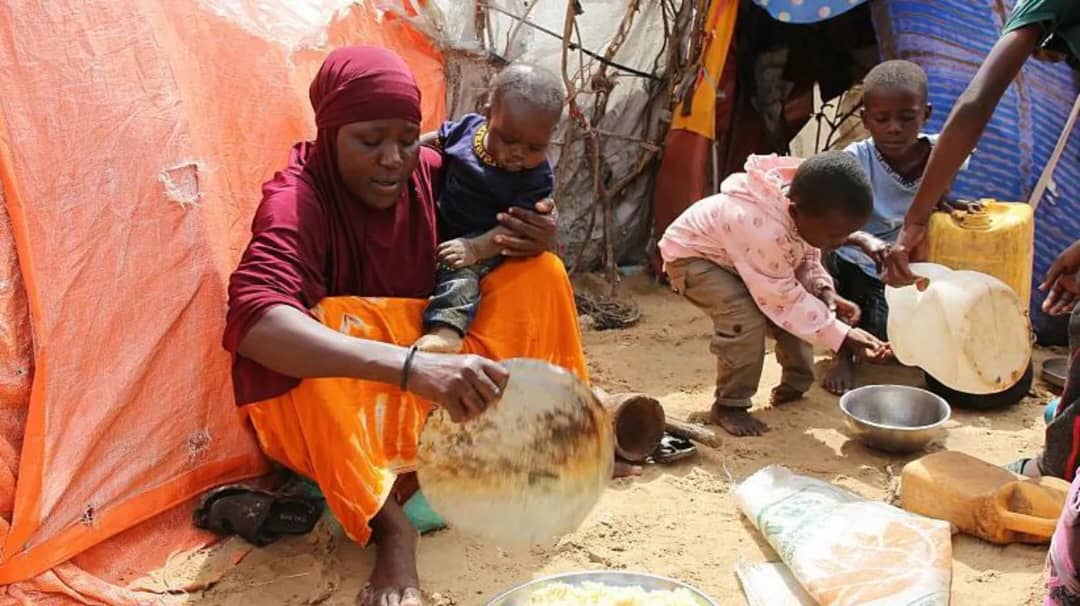
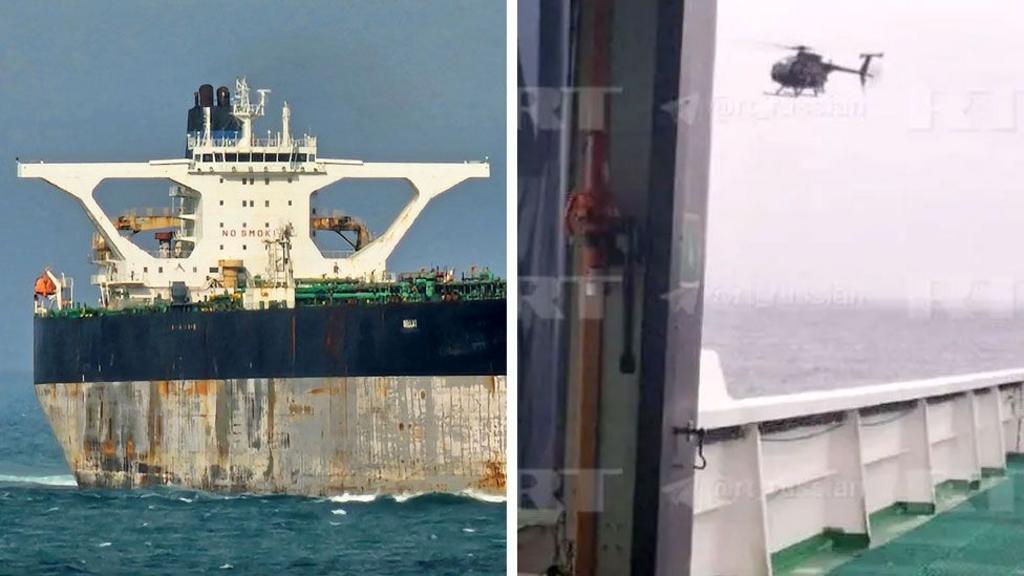
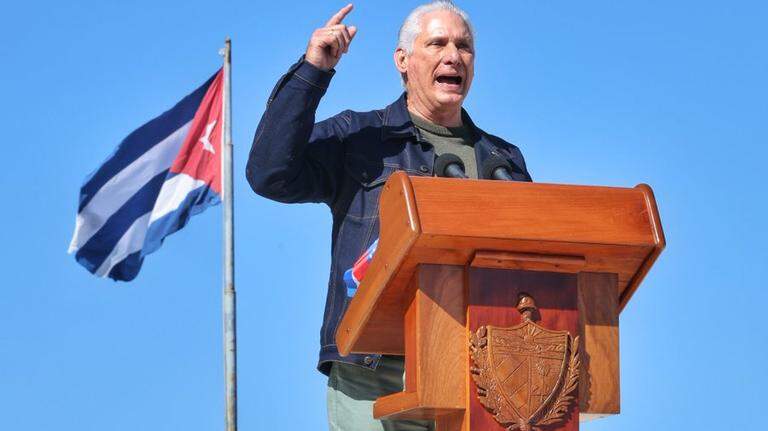
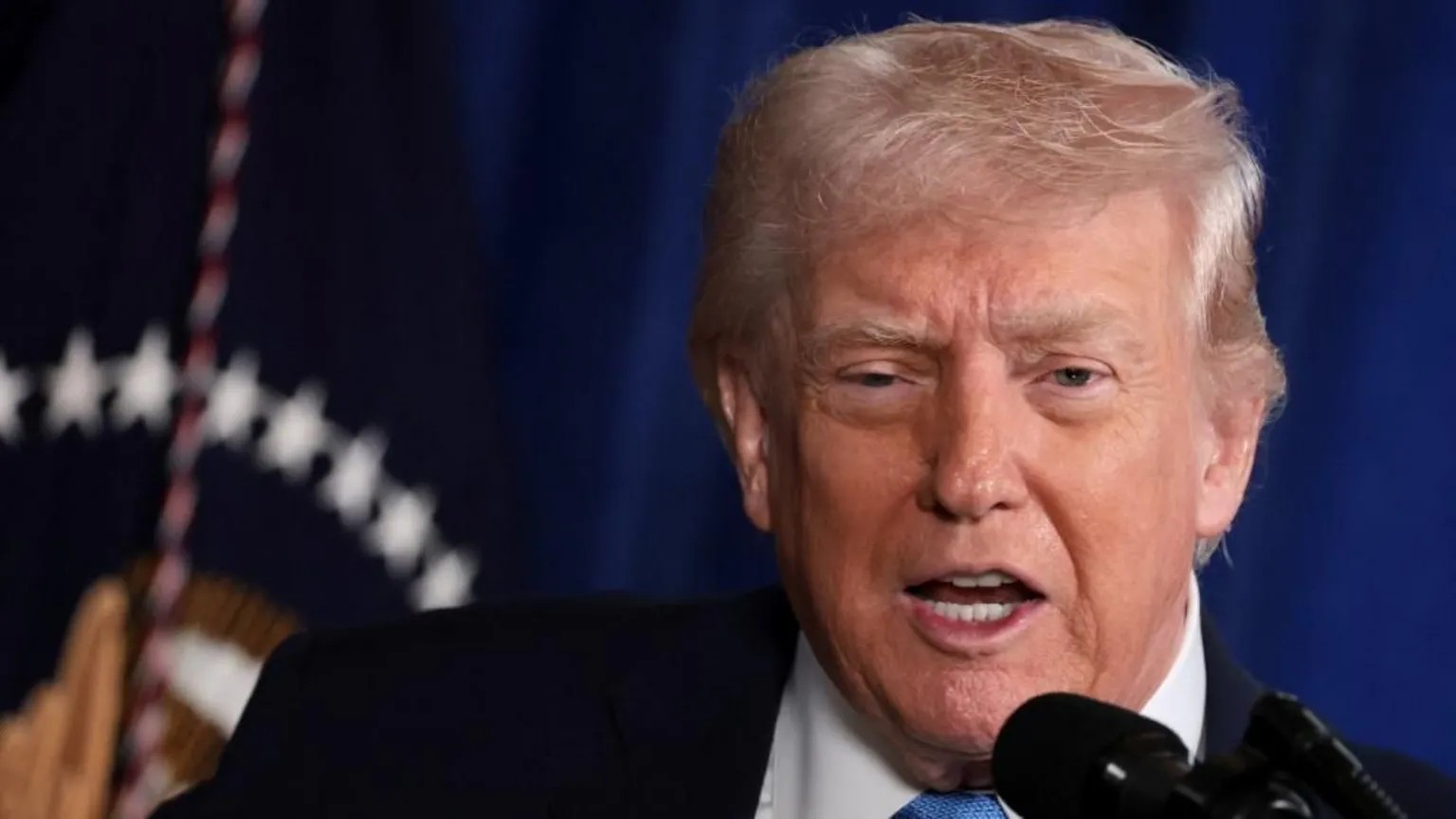
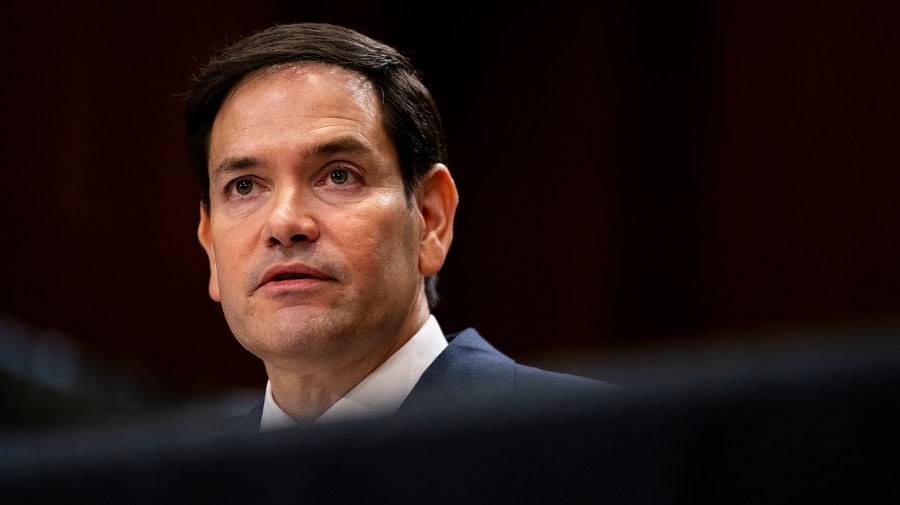
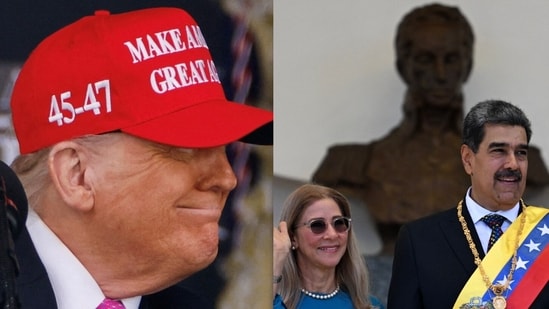
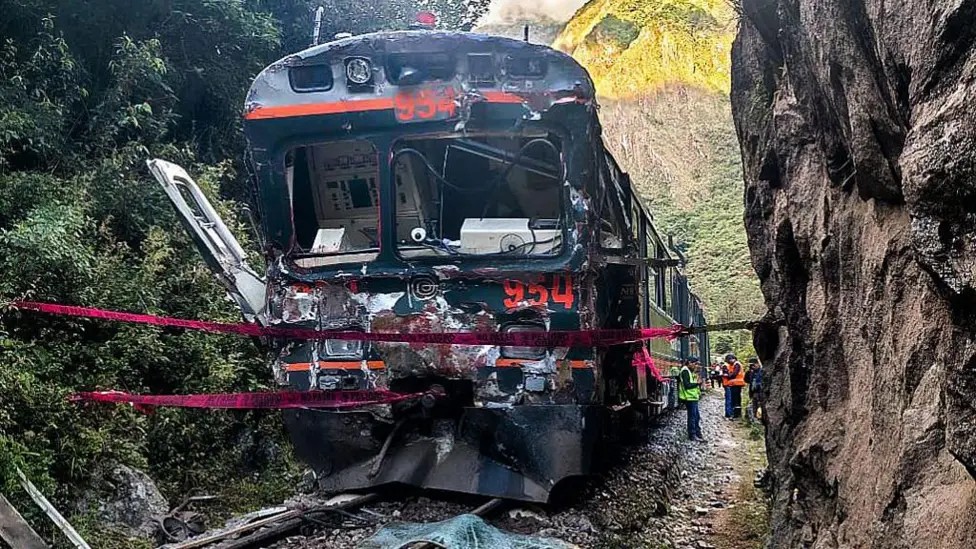
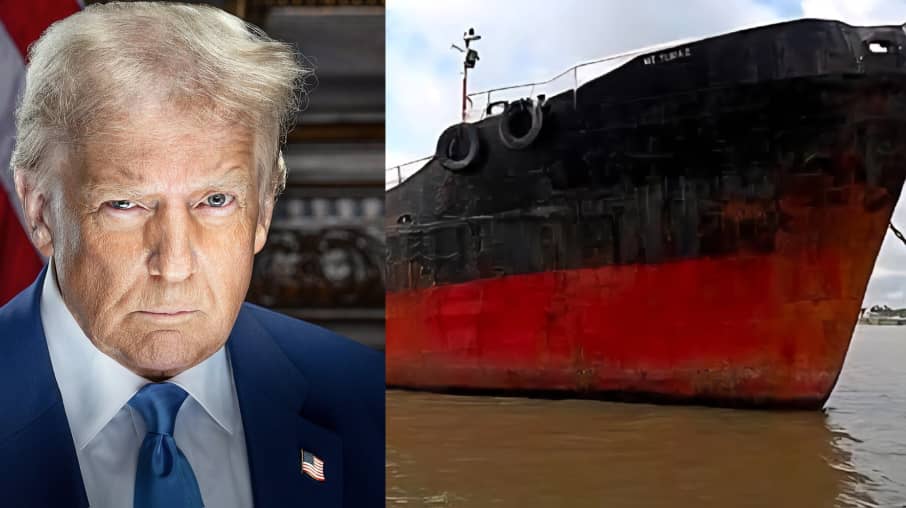

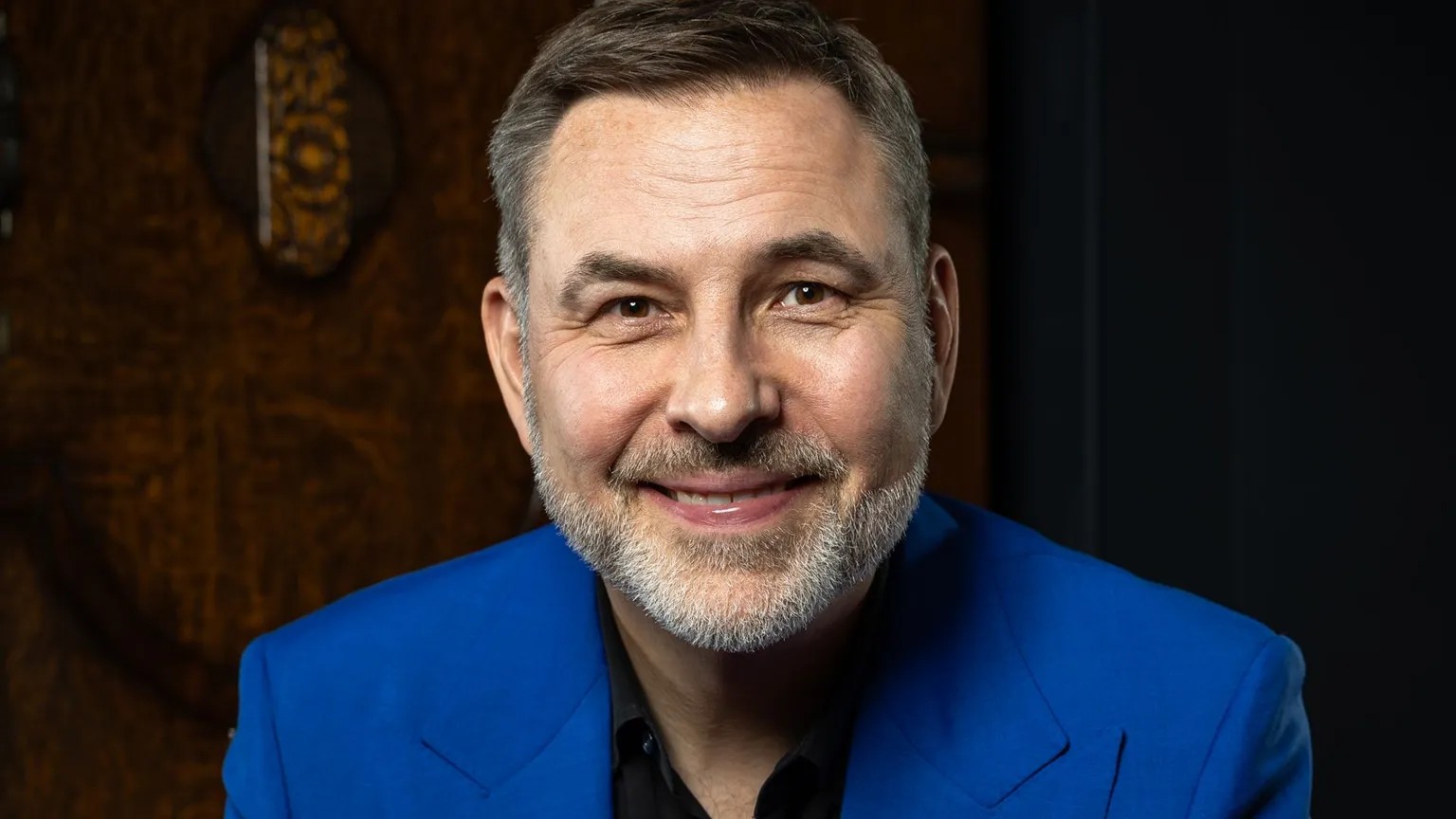
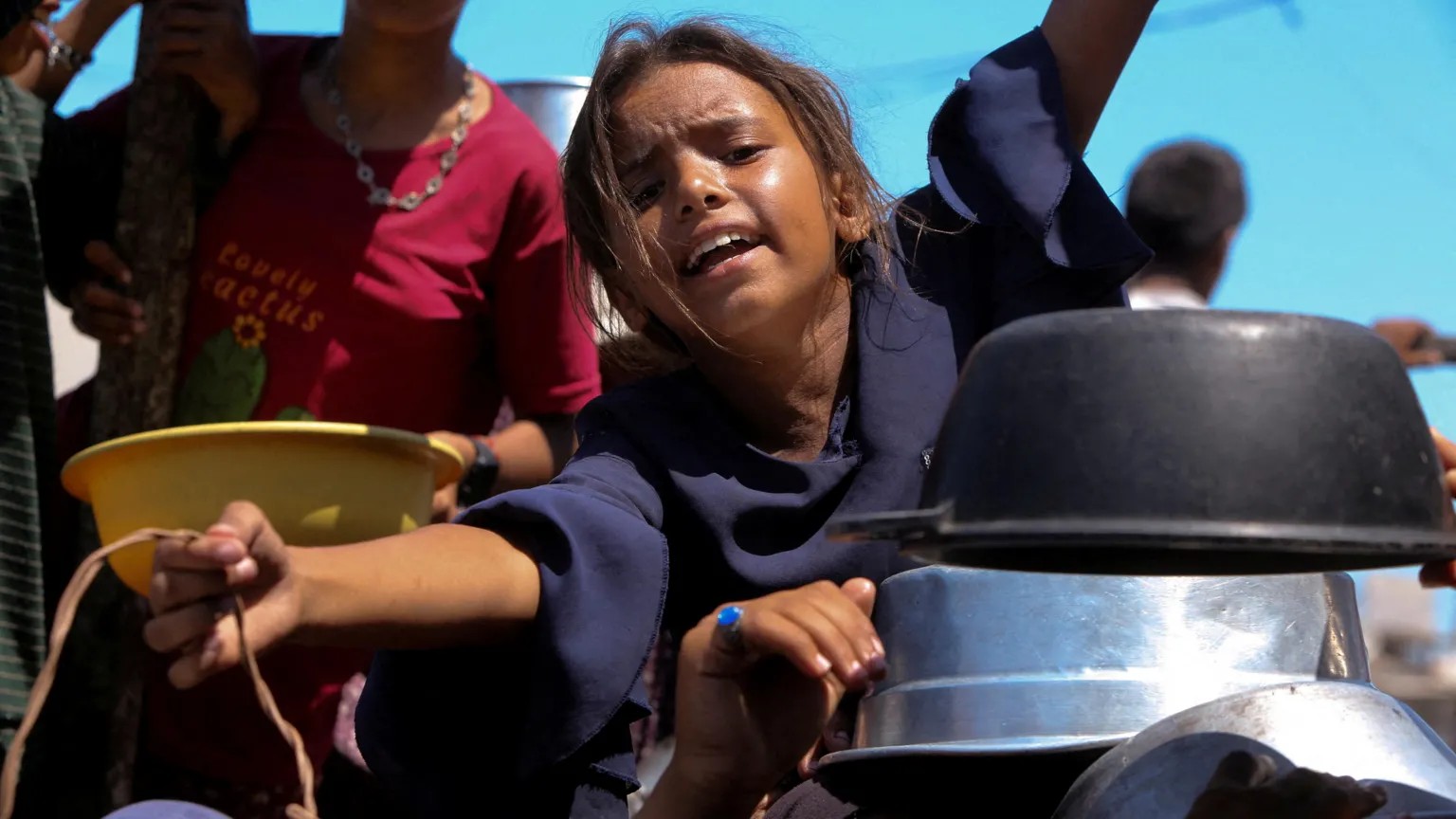
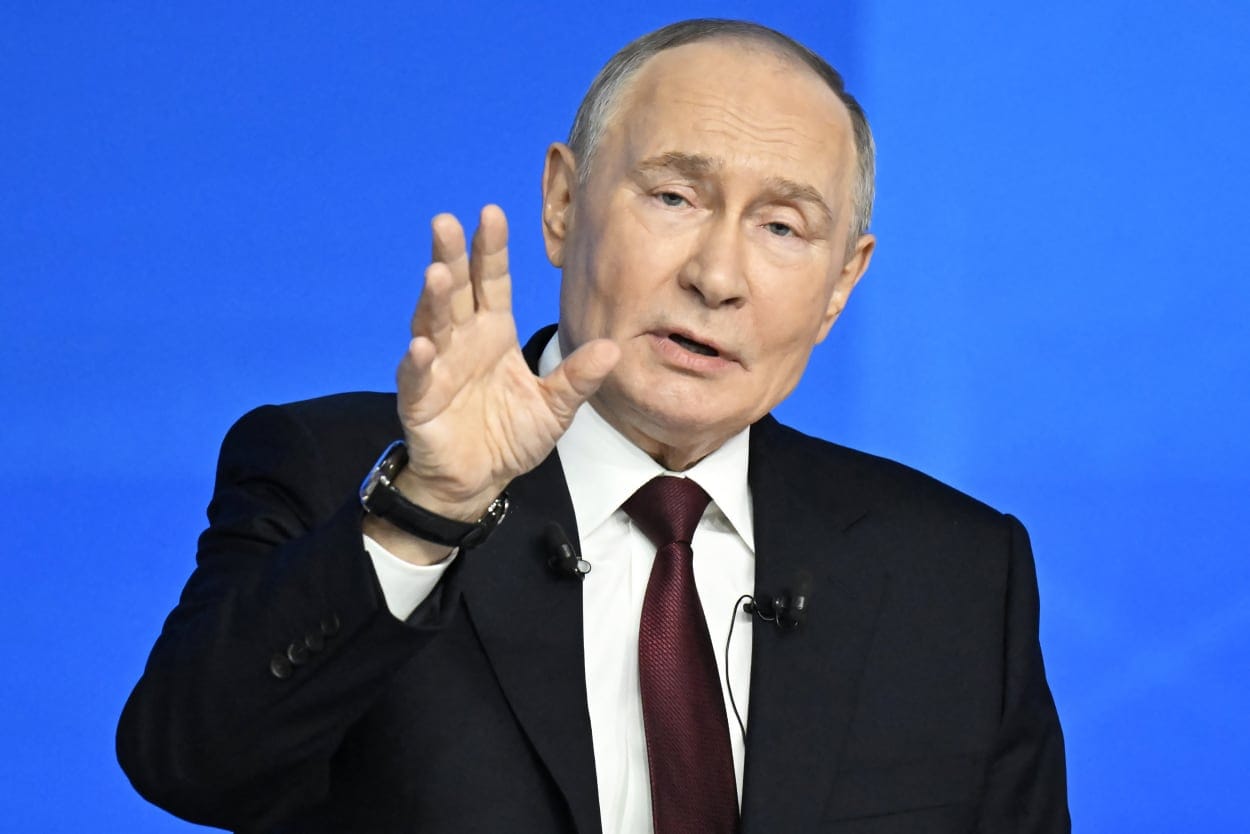

0 Comment(s)